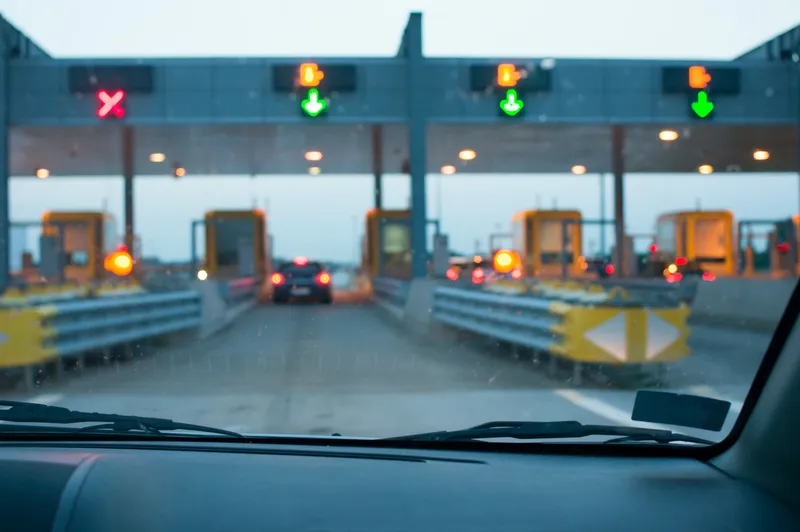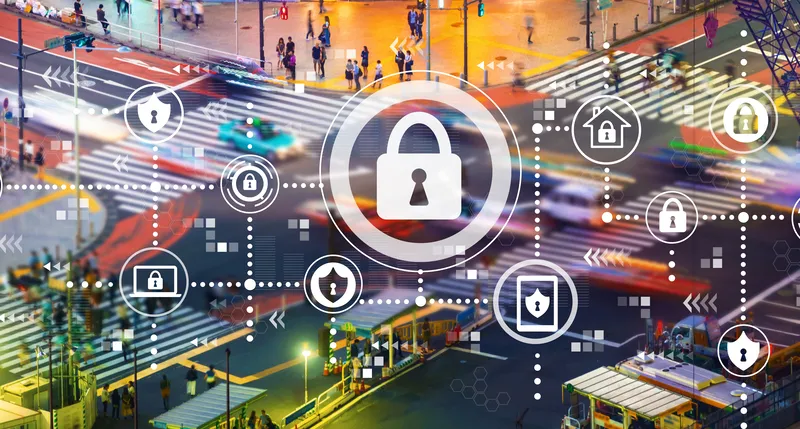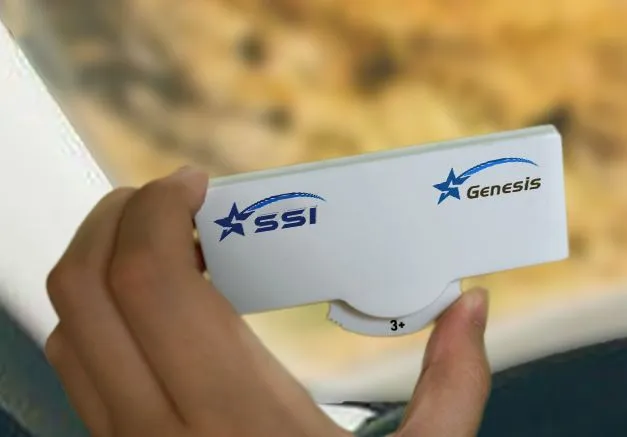
Indra has added a new capability to its toll back-office system to record transactions on a blockchain from its Mova Collect solutions to protect transactions.
The objective is to offer operators and concessionaires an even more reliable solution that records any operation quickly, increasing data integrity and transparency.
Indra says applying blockchain to the processes and transactions that take place in the back-office systems of a toll reduces conflicts between different participants due to possible disagreements while also protecting against possible cyberattacks.
It is expected to reduce the problems that may arise in the management of blocked users lists due to delays in the sending of numberplate and vehicle type records that have used the toll at a given time.
Indra emphasises the use of blockchain does not interfere with the users normal operation, who continue with the same interfaces, as it will only allow alerting of possible mismatches in the records so that they can be consulted.
The new solution is suitable for electronic toll collection and in situations where there are several concessionaires and there is interoperability between them, the company adds.
The work is being developed within the framework of the European Critical-Chains R+D+I project. Indra has partnered with infrastructure company Roadis to validate this solution on the Monterrey-Saltillo highway in Mexico.
They will implement the technology with the aim of protecting the numerous transactions that take place in a concessionaire, providing them with greater security and reducing the possibility of fraud.
The work is being developed on a Software as a Service platform that will make it possible to record toll transactions and the associated settlement processes.
Specifically, the project uses Quorum, a decentralised blockchain platform that allows different permissions to be given to users depending on their role, so that information is not public.
The different participants will have permission to view and record operations, while unnamed authorities will be able to carry out the necessary audits in a secure manner.
The project is funded with support from the European Commission's Horizon 2020 programme and is led by the University of Reading (Berkshire). Other members include technology company Guardtime, Fraunhofer EMI and telecommunications firm Netas.









